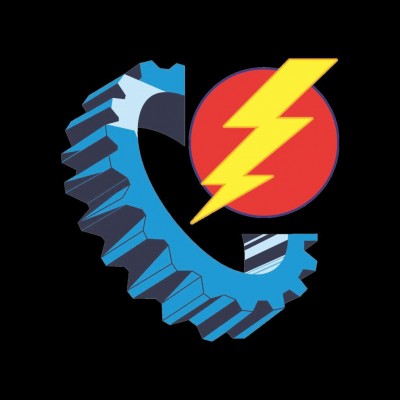Bipolar transistor (IGBT double SKM75GB12T4) with an insulated gate or IGBT abbreviated English term (Insulated gate bipolar transistor) is a power semiconductor and is primarily used as an electronic switch in new devices for high efficiency And fast switching is used. This electrical switch is used in many modern appliances including electric cars, trains, refrigerators, treadmills, air conditioners and even stereo systems and amplifiers. It is also used in making all kinds of inverters, welding transformers and UPS. \r\n\r\nThe SKM100GB12T4 module is a 1200V 160A double IGBT module, suitable for motor and inverter control, power switching circuits. SEMIKRON SKM100GB12T4 DOUBLE IGBT IGBT module\r\nSome semikron semikron IGBT codes:\r\n\r\nSKM100GB12T4 double EGBT \r\nSKM200GB12T4 double EGBT\r\nSKM300GB12T4 double E GBT\r\nSKM75GB12T4 EGBT\r\nSKM400GB12T4 EGBT double\r\nGBT 100 amp | SKM100GB128D IGBT Semikron \r\nThe above codes are only original products with the best quality and price.\r\n\r\n Applications of IGBT SKM100GB12T4\r\n\r\nIn making all kinds of inverters and solar\r Welding transformers, air conditioners, electric cars and trains, soft starters, UPS power supplies, rectifiers, at high switching frequencies, a transistor is used to control the DC voltage level. As the frequency increases, the transistor no longer functions linearly and produces severe telecommunication noise with high power. For this reason, at high switching frequency, low consumption power MOSFET element is used. But as the power increases, its losses also increase. A new element has come to the market that has all the advantages of the above two parts and no longer has the disadvantages of BJT and POWER MOSFET. This new part of IGBT is called EGBT. %D8%A7%D8%AA/igbt.html?start=48
Tehran


